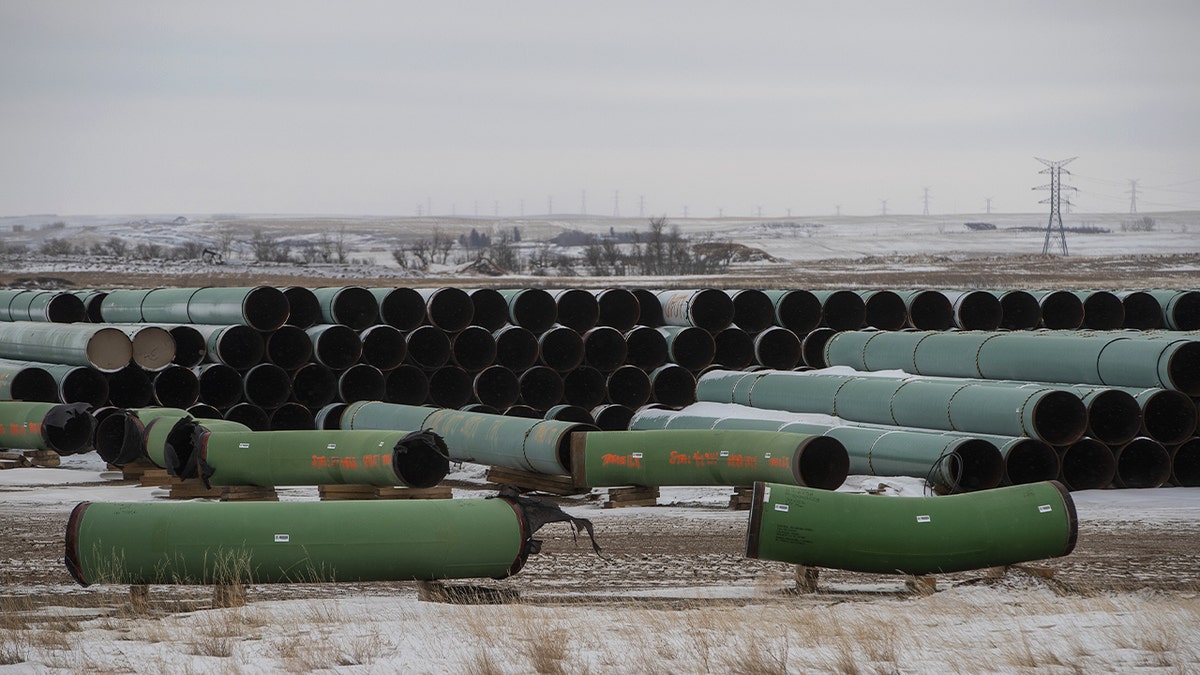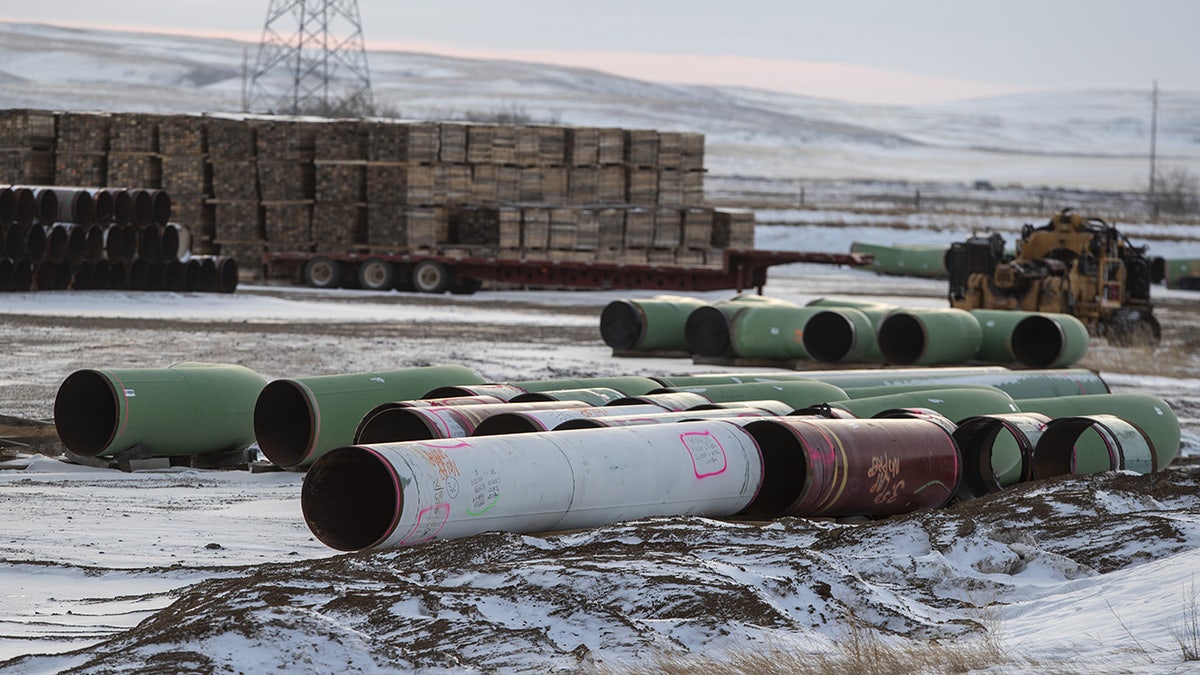Former President Donald Trump's recent move to rescind President Biden's executive order blocking the Keystone XL pipeline has reignited discussions about the project's potential impact on North American energy security and affordability. Alberta Premier Danielle Smith has expressed interest in collaborating with the Trump administration on cross-border pipeline initiatives, including potential new routes or proposals for existing ones, hinting at a "Keystone 2.0" or similar project.
The Keystone XL pipeline, designed to transport oil from Alberta, Canada to refineries in the United States, has been a subject of political debate for over a decade. Initially halted by President Obama, revived by President Trump during his first term, and subsequently blocked again by President Biden, the project's future remains uncertain. Trump's recent action, however, signals a renewed push for its completion.

Experts offer differing perspectives on the project's implications. Jason Isaac, CEO of the American Energy Institute, emphasizes the pipeline's potential to lower food and energy costs by increasing the supply of affordable crude oil and supporting fertilizer production. He argues that the project would enhance energy security and contribute to economic growth.

Conversely, Steve Milloy, a senior fellow at the Energy & Environmental Legal Institute, anticipates potential legal challenges to the project's revival, suggesting that Congressional action might be necessary to limit litigation and reassure investors. He acknowledges the Trump administration's likely support for the pipeline but foresees legal hurdles.

A 2022 Department of Energy report, citing various studies, indicated that the Keystone XL project could create tens of thousands of jobs and generate billions of dollars in economic benefits. However, the report's findings are likely to be contested given the ongoing political debate surrounding the project.
Comments(0)
Top Comments